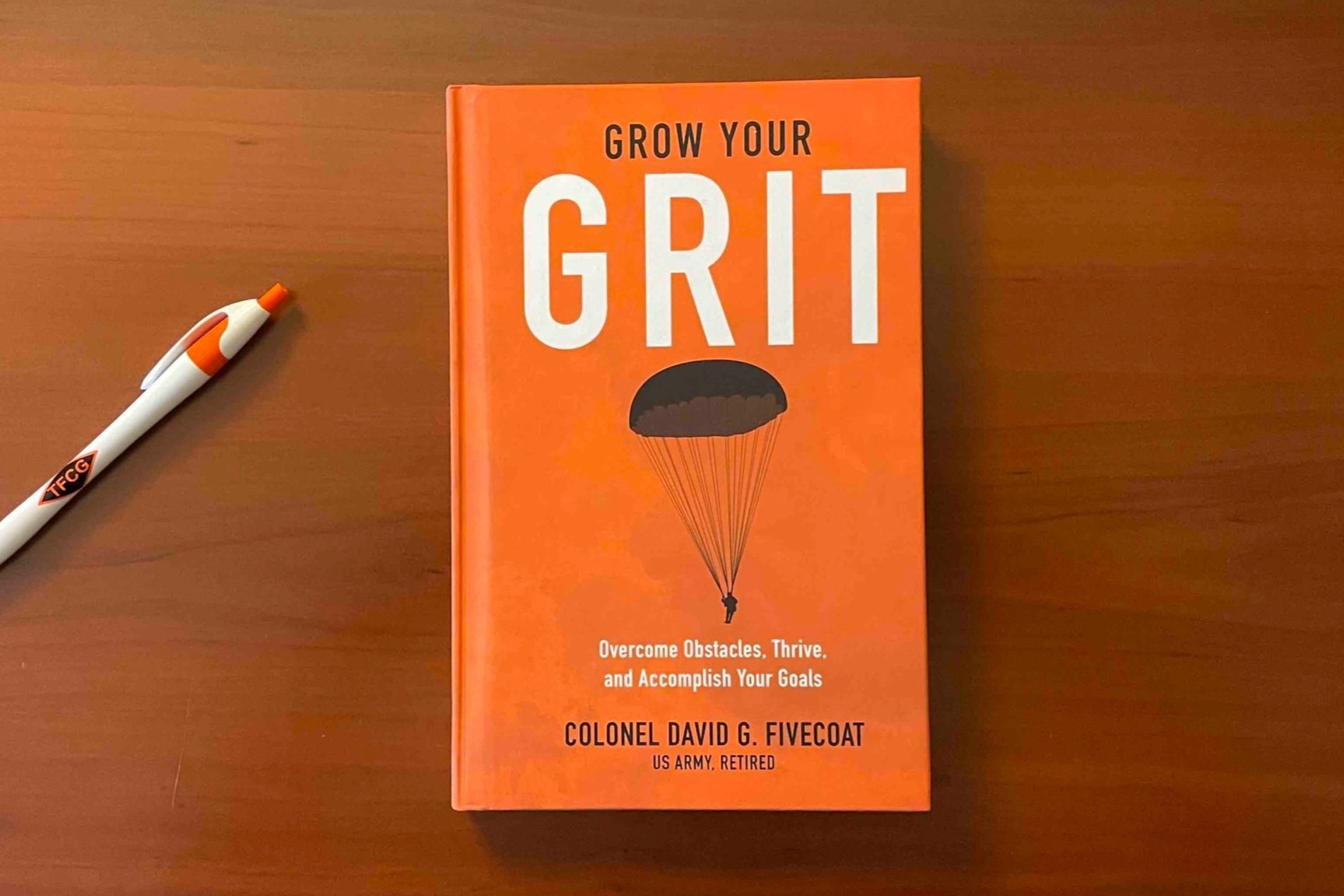Invasion of Ukraine, D+124 SITREP + Indirect Fire (#220)
“Artillery is a god of modern war” Joseph Stalin
Today, June 28, 2022, is D+124 in the Russian Invasion of Ukraine. This blog post discusses artillery used by both sides, the various types and capabilities, and Russian losses during the past four months. It also continues the crowd sourced Battle Damage Assessment update on the entire Russian Invasion of Ukraine.
Indirect Fire Capabilities
Indirect fire is aiming and firing a projectile without relying on a direct line of sight between the gun and its target. Aiming is performed by calculating azimuth and inclination, and may include correcting aim by observing the fall of shot and calculating new angles. Modern armies use mortars, howitzers, and multiple rocket launcher systems to attack their enemy with indirect fire.
Recently, Vadym Skibitsky, deputy head of Ukraine’s military intelligence said “This is an artillery war now.” He went on to say that Ukraine is firing 5,000 to 6,000 artillery rounds a day while the Russian forces are firing 50,000 to 60,000 rounds per day. As the LA Times reported, “This is the conflict in Ukraine now: a pitiless artillery war, the kind perhaps not seen since the days of endless trenches and gouged terrain that marked World War I. Less strategy than slugfest, both sides lob barrage and counter-barrage over a see-sawing front line and hope to still be standing when they pulverize the other side into either submission, or at least a crushing withdrawal.”
Since the war has changed into an artillery slugfest, it is helpful to understand the capabilities of the Russian and Ukrainian mortars, artillery, and multiple rocket launch systems. As you would expect, both sides rely heavily on former-Soviet designed systems — 122mm mortars, 152mm howitzers, and 122mm Multiple Rocket Launcher systems. Here is a deeper dive into each system:
Mortars
A mortar is a “short-barreled, muzzle-loading artillery piece that fires explosive projectiles at low velocities, short ranges, with high, arcing trajectories.” The primary Russian mortar system is the 2S9 Nona, a 122mm mortar, which can be towed or self-propelled. The Nona can fire High Explosive, white phosphorus, smoke rounds, and laser-guided munitions like KM-8 Gran out to a range of 8,000 meters (4.97 miles). I estimated that Russia has approximated 600 (6x 2S9 Nona systems in each BTG x 100 BTGs) 2S9 systems deployed in Ukraine. Each mortar system is estimated to be firing 19-20 mortar rounds per day. Using this math, it would mean the Russians a firing a total of 12,000 mortar rounds per day across the entire front. According to the Oryx website (see below), Russian forces have lost 25 mortars of all types since the war began.
I suspect that Ukraine is employing mortar systems, but there is little discussion in the media on their systems, capabilities, or employment.
Howitzers or Cannons
The primary Russian howitzer is a 152mm howitzer. The towed version is the 152mm 2A65 Msta-B. The self-propelled version is the 2S19 Msta-S. Both systems can fire High-Explosive, cluster munitions, and the Krasnopol precision-guided munitions at ranges up to 30,000 meters (18.4 miles). Recently, Henry Schlottman (Twitter @HN_Schlottman) estimated that Russian forces had between 650 and 1,000 howitzers of all types and calibers employed in Ukraine. He also estimated that each howitzer was firing 30 to 35 rounds per day. Using this math, it would mean the Russian military is firing approximately 27,000 rounds per day across the entire front. According to the Oryx website (see below), Russian forces have lost 167 howitzers of all types since the war began.
Ukraine also relies heavily on the 152mm howitzer, as well as new howitzers donated by western nations. Ukraine is estimated to have 250 to 600 howitzers of all types and calibers employed in Ukraine. Schlottman also estimated that each tube is firing 10-20 rounds per day. Using this math, it would mean the Ukrainian military is firing approximately 5,000-6,000 rounds per day across the entire front. So far, Ukraine has lost 76 howitzers of all types over the past 4 months.
Russian Captured 152mm 2SS19 Msta-S
Multiple Rocket Launcher
A multiple rocket launcher (MRL) is a type of rocket artillery system that contains multiple launchers which are fixed to a single platform and shoots its rocket in a volley. The primary Russian MRL is the BM-21, 122mm system, whose nickname grad means "hail.” It can fire its 40 rockets with high explosive, white phosphorus, or cluster munition warheads up to 20,000 meters (12.4 miles). Recently, Henry Schlottman estimated that Russian forces had between 400 and 650 MRLs of all types employed in Ukraine. I estimated that each MRL is firing 40 rounds per day. Using this math, it would mean the Russians are firing approximately 21,000 MRL rocket rounds per day across the entire front. According to the Oryx website (see below), Russian forces have lost 167 MRLs of all types (including the 4 TOS-1A) since the war began.
The other interesting Russian MRL is the TOS-1A, Heavy Flamethrower System, which is a Soviet 220 mm 24-barrel multiple rocket launcher capable of using thermobaric warheads, mounted on a T-72 tank chassis. A thermobaric warhead is a type of explosive that uses oxygen from the surrounding air to generate a high-temperature explosion. The fuel–air explosive is one of the best-known types of thermobaric weapons. The Russians lost 4 of these weapon systems early in the war.
Russian 220mm TOS-1A Tracked MRLS
Ukraine also relies heavily on the BM-21 122mm MRL, as well as other MRLs, like the US donated HIMARs. Ukraine is estimated to have 150-200 MRLs of all types and calibers employed in Ukraine. I estimate that each MRL is firing 20 rounds per day. Using this math, it would mean the Ukrainian military is firing approximately 3,500 rockets per day across the entire front. Since the war began, the Ukrainian forces have lost 19 MRLs of all types.
Indirect Fire Losses
Compared to the amount of tanks, BMPs, and BTRs the Russian Army has lost in the war, its indirect fire losses have been significantly less. Here is the breakdown of Russian mortar, artillery, and MRL losses since the war began:
Bottom Line: Although the Russian military has lost 269 mortars, howitzers, and MRLs, Russia has plenty of artillery assets available and large quantities of ammunition to fire out of them for the foreseeable future in Ukraine. This war will remain an artillery slugfest throughout the summer.
Total Russian BDA (As of June 27, 2022 at 15:00 EDT) the Oryx Website
Russian forces have lost since the war began:
789x T-64/72/80/90s Tanks damaged, destroyed, abandoned and captured (⬆️ 3)
Average of 6.4x tanks damaged, destroyed, abandoned and captured per day
1,164x BMPs/BTRs/BMDs (Armored Personnel Carriers) damaged, destroyed, abandoned and captured (⬆️ 9)
Average of 9.4x BMPs/BTRs damaged, destroyed, abandoned and captured per day
167x Engineer Vehicles damaged, destroyed, abandoned and captured (⬆️ 1)
270x Mortars, Howitzers, and Multiple Rocket Launchers damaged, destroyed, abandoned and captured (⬆️ 1)
86x Air Defense Artillery Weapons or Surface to Air Missile Vehicles damaged, destroyed, abandoned and captured (No Change)
91x MT-LB ACRV (Command and Control) damaged, destroyed, abandoned and captured (No Change)
For More Information on the Conflict:
D+117 SITREP + Air Assault Operations
Invasion of Ukraine, D+103 SITREP
Invasion of Ukraine, D+89 SITREP
BTGs, OoB, and Crowd Sourced BDA in Ukraine, D+11
Conclusion
Want even more? Reach out to me me here for a virtual talk to your group or company on the Invasion of Ukraine and its tactical and strategic implications.
Want something different? In my day job, I’m an executive coach and leadership consultant. I published a book last summer on how to develop your perseverance and accomplish your goals — Grow Your Grit, available for sale at Amazon. Or reach out to me here to start the discussion about executive coaching opportunities.
I was recently on a podcast — The SuccessGrid Podcast talking about ways to grow your personal grit and accomplish your goals. Check it out.
Use your deeper awareness of the invasion of Ukraine to go on the offensive and follow the conflict with better insight.




